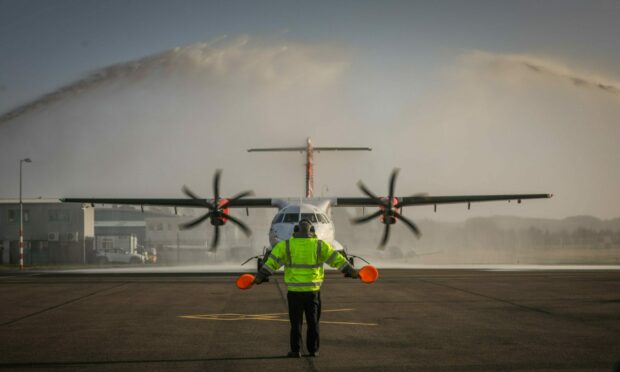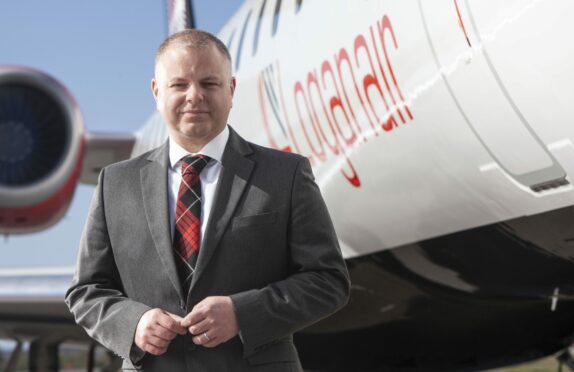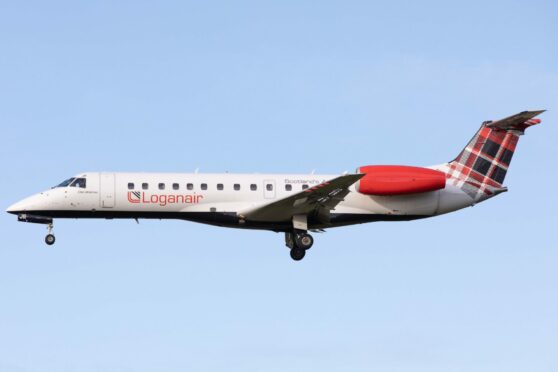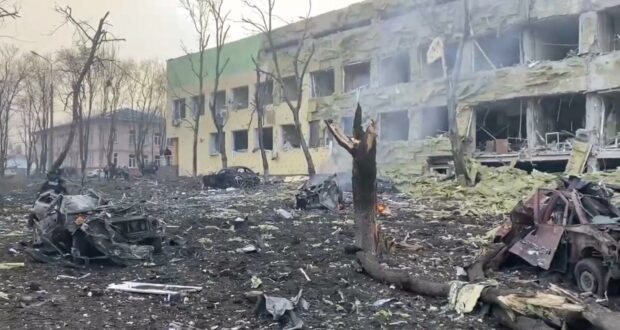Loganair passengers will be charged an extra £3.95 each way to mitigate the £4.7 million impact of rising oil and gas prices.
The price hikes will be in place on flights booked from 21 March but that no fuel surcharge will apply to existing bookings already made.
The regional airline said the surcharge would not apply to routes subsidised through a public service obligation (PSO).
This means trips from Glasgow to Barra, Tiree and Campbeltown and routes within Shetland, Orkney, Comhairle nan Eilean Siar and Argyll & Bute are exempt.
Oil supply squeeze
Overall oil prices have reached record highs as Western economies seek to punish Russia for its bombardment of Ukraine.
Sanctions imposed on Russia have caused fears of a shortage of oil and gas, which in turn has driven up the price of oil.
The added costs will be unwelcome for passengers as all across the UK people face a cost of living crisis.
But Loganair chief executive Jonathan Hinkles insisted the airline had “no option” but to add the extra charge.
He said the rising costs of fuel will add £4.7m to the airline’s annual costs which he said was “simply impossible to absorb” – particularly as the hard hit aviation sector emerges from loss of business during the pandemic.
He insisted the charges were “transparent” – the higher cost will be included in the headline price displayed when selecting flights on the Loganair website – but “for full clarity” will be shown separately once flights have been selected into the customer’s on-line “basket”.
He also pledged to reduce or remove the charge when the market recovered.
The firm said that if the price of Brent Crude Oil falls below $110 per barrel for six consecutive weeks, the surcharge will be halved; if it falls further, below $85 per barrel for six consecutive weeks, then it will be removed completely.
Mr Hinkles said: “This isn’t something that we wished to do, nor is it a step that we have taken lightly.
“Although it will be unwelcome, I trust that this represents a transparent response to worldwide circumstances which is preferable to an opaque, and permanent, increase in basic air fares.”
He said “many other international airlines have already taken this step”.
In a presentation to the Shetland External Transport Forum, he added: “The tragedy of war in Ukraine is all too apparent, and the human consequences of that are clearly – and dreadfully – visible.
“Last week, Loganair made contact with councils and regional Governments of the communities it serves to offer assistance with free travel across its route network for people displaced by the conflict.”
Offer to help ‘any way we can’
He said: “We stand ready to help in any way we can, and we’ve developed contingency plans to deploy our freighter aircraft to fly medical or humanitarian aid directly from Scotland to locations in eastern Poland if the need arises.
“We have also taken every possible step to ensure that none of our supplier base or trading links benefit Russia or Russian interests in any way.
“I’m confident that there were, and are, no such links in place.”
Consequences
Mr Hinkles recently admitted the airline had survived “the most challenging” year in its history.
The airline was starting to show signs of recovery as it announced plans to resume direct flights between Aberdeen and Oslo this summer, three years after having axed the route.
However this was weeks before Russia invaded its neighbour.
Mr Hinkles added further explanation on the impact of the rise in oil price on the industry.
“The economic consequences of the war are also being felt keenly across the airline industry and the entire economy, given the very significant rise in worldwide fuel prices in recent days,” he said.
“Loganair has already fixed the price for over 50% of its expected fuel volume for the 12 months from 1 April 2022 using financial hedging instruments.
“For the remainder of our fuel volume, the rise in global oil prices equates to an additional cost of £4.7 million in the coming year at today’s oil price.
“It is simply impossible for us to absorb this impact, especially where airlines including Loganair still face significant uncertainty over the pace of recovery in passenger numbers from the pandemic.
“We’ve realistically no option but to introduce a fuel surcharge on new ticket sales, which will apply to new sales from 21 March onwards.”



